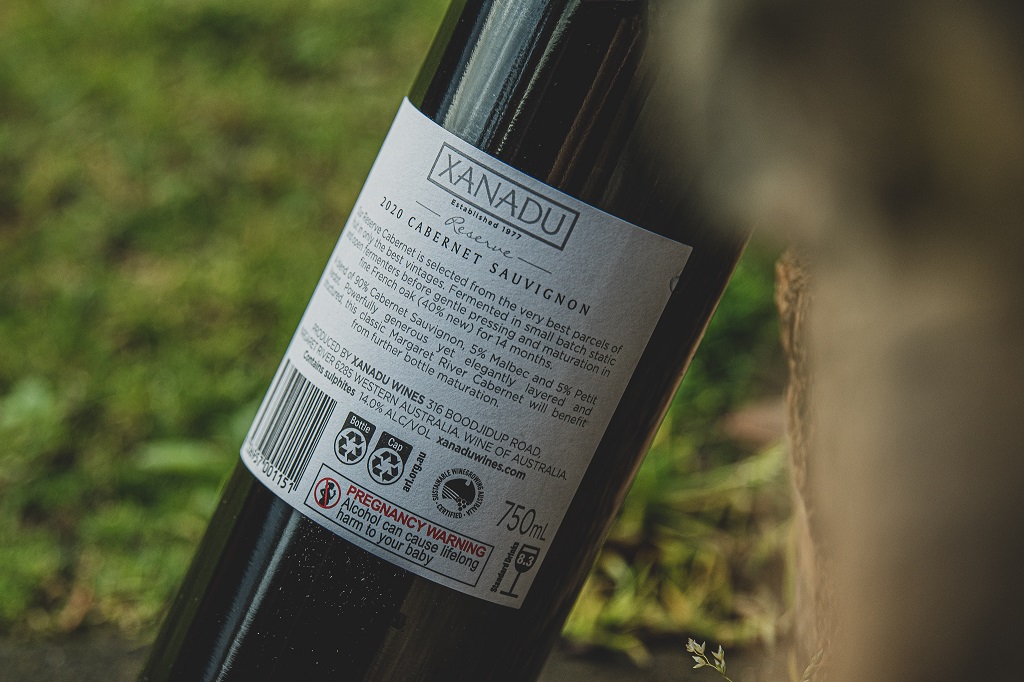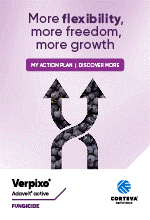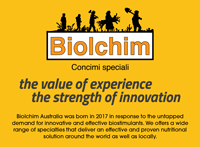Image SWGA
Sustainable Winegrowing Australia has released its Impact Report for the 2021–22 financial year, revealing record growth in membership by Australian grapegrowers and winemakers.
The Impact Report 2021–22 for the voluntary national certification program has shown:
- 48% growth in membership in FY22, now a collective of over 1,150 vineyards, wineries and wine businesses, with 45% certified
- 75% of Australia’s wine and grape growing regions are now committed to implementing sustainability practices, and
- the program represents 40% of total wine production in Australia – a 90% increase on the previous financial year.
Sustainable Winegrowing Australia is governed by the Australian Wine Research Institute, Australian Grape & Wine and Wine Australia.
The program supports grapegrowers and winemakers in measuring, reporting, and encouraging best practices in vineyards and wineries, amid rising consumer and retailer demands for sustainable products.
“It’s been another really challenging year for the industry facing extreme weather events and inflation pressures, and yet the growth in membership demonstrates that sustainability is a major priority for producers, as well as the power and benefit of the collective effort within the program,” Wine Australia’s head of esg and market access Rachel Triggs said.
“United, we’re making headway on the industry’s 2050 emissions and waste targets and looking ahead we are excited to be evolving with greater focus on the social and economic metrics of the program.”
Key results from the Impact Report include:
- Waste: 100% of members are now measuring, monitoring and reporting waste generation, recycling and reuse.
- Energy: 100% of members are continuing to measure and report on scope 1 and 2 greenhouse gas emissions, with 79% of vineyards and 85% of wineries prioritising energy-efficient practices.
- Water: 91% of vineyards and 84% of wineries have taken action to plan, monitor and reduce water use to preserve water and future-proof against drought.
- Biodiversity: 74% of vineyards and 66% of wineries have taken action to preserve natural resources and protect valuable Australian ecosystems.
- Land and Soil: 65% of vineyard members are documenting nutrient soil management processes, and 50% have best practice measures in place to ensure robust microbial networks that support grapevine productivity but also store more carbon, an important piece of the climate puzzle.
- People and Business: 86% of vineyards and 94% of wineries engage in at least one community or environmental initiative, building better connections between wine producers and their communities to further strengthen the industry for future generations.
“Wine-drinkers and retailers around the world are increasingly seeking out brands that meet their sustainability standards, with 65% of Australian wine drinkers preferring sustainably made wine and 54% of global wine drinkers only trusting sustainable wine that is officially certified,” said Triggs.
Sustainable practices and the benchmarking provided by the program are essential to ensuring the Australian wine industry remains competitive while protecting the distinctive land, robust vines and quality wines Australia is known for globally.”
The new report highlights the progress vineyards and wineries, ranging from small independents to large well-known household brands, are making across environmental benchmarks (including emissions, waste and water usage) but also the strides being taken to support the land around them through biodiversity protection and the well-being of their communities – both within their business and in surrounding regions.
“Successful sustainability is never done in isolation and it’s exciting to see the impact of the program not only with emissions reduction and waste but also in the reshaping of our business culture, making this a really great place to be, to work and to communicate,” Voyager Estate’s Vineyard Manager Glen Ryan said.
“Through the introduction of direct contracting, we now have part-time workers returning for a third vintage and to me, that is true sustainability because not only does it save us money on training, but we’ve also got people that want to be here.
“It’s also been rewarding to see the increase in bird life across the vineyard as a result of our biodiversity efforts and we are looking into how to track this more effectively.”
The Report also highlights the traction gained for the Sustainable Winegrowing Australia trust mark, which is now displayed on hundreds of bottles in stores across the country. This is driving sustainable minded wine drinkers to pick up member wines at point of purchase but also assisting in negotiations globally as international retailers look for sustainability credentials.
“As we commence vintage 2023, our winery, owned vineyards and grower network are all Sustainable Winegrowing Australia certified. This means we can use the trust mark on all our bottles from this year’s vintage,” Hill Smith Family Estates head of winemaking and chief winemaker at Yalumba Louisa Rose said.
Not only does this amplify the story that we’re trying to tell, but it has a real impact when engaging with retailers and consumers across Australia and internationally.”
Find out more about Sustainable Winegrowing Australia and download the report HERE.
Are you a Daily Wine News subscriber? If not, click here to join our mailing list. It’s free!





















